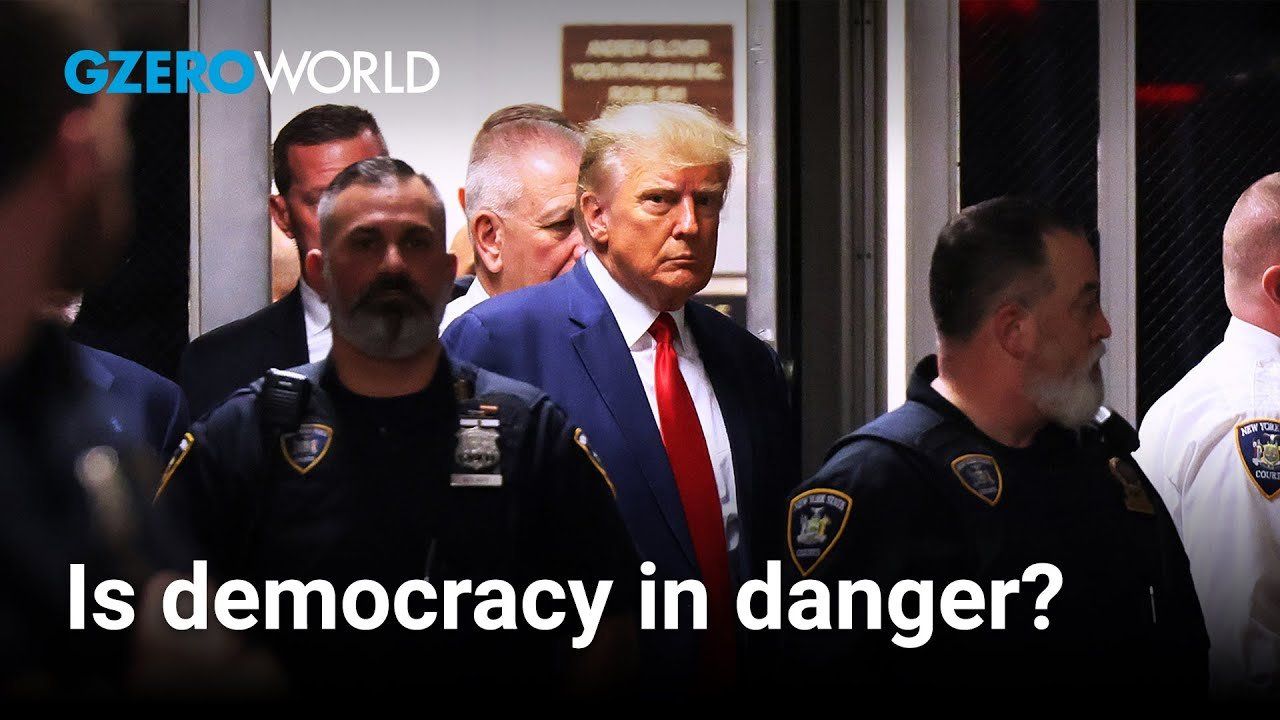GZERO World Clips
Do Donald Trump’s criminal convictions put American democracy at risk?

Do Donald Trump’s criminal convictions put American democracy at risk? | GZERO World

“Having crossed the Rubicon [of January 6],” Glasser says, “I think that the idea that we’re just treating this as a normal election between two warring tribes with different ideologies is really what history is going to remember about this moment, unfortunately.”
“We’ve grown accustomed to the luxury of repeated, peaceful transfers of power,” Bharara adds, “There’s nothing that guarantees that just because the US has been a great democracy, it will persist in being democratic.”
With the US leading production and China driving new reactor development, Bank of America breaks down the who, what, where, when, and why behind nuclear’s return. Stay ahead of global energy trends with Bank of America Institute.
Chris, an Army veteran, started his Walmart journey over 25 years ago as an hourly associate. Today, he manages a Distribution Center and serves as a mentor, helping others navigate their own paths to success. At Walmart, associates have the opportunity to take advantage of the pathways, perks, and pay that come with the job — with or without a college degree. In fact, more than 75% of Walmart management started as hourly associates. Learn more about how over 130,000 associates were promoted into roles of greater responsibility and higher pay in FY25.
Last week, at the Munich Security Conference, a group of global technology providers, including Microsoft, announced the Trusted Tech Alliance — committed to shared, verifiable principles for trusted, transparent, and resilient technology across borders. At a moment of economic volatility and zero-sum technological competition, countries and customers are demanding greater accountability from technology providers. The Alliance addresses this by bringing together companies from across Africa, Asia, Europe, and North America around shared commitments: transparent governance, secure development practices, supply chain oversight, open digital ecosystem, and respect for the rule of law — ensuring the benefits of emerging technologies strengthen public trust while driving job creation and economic growth. Explore the Trusted Tech Alliance here.